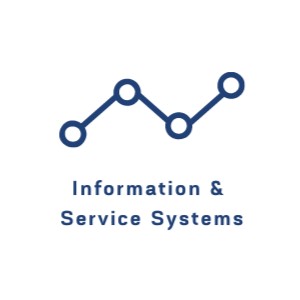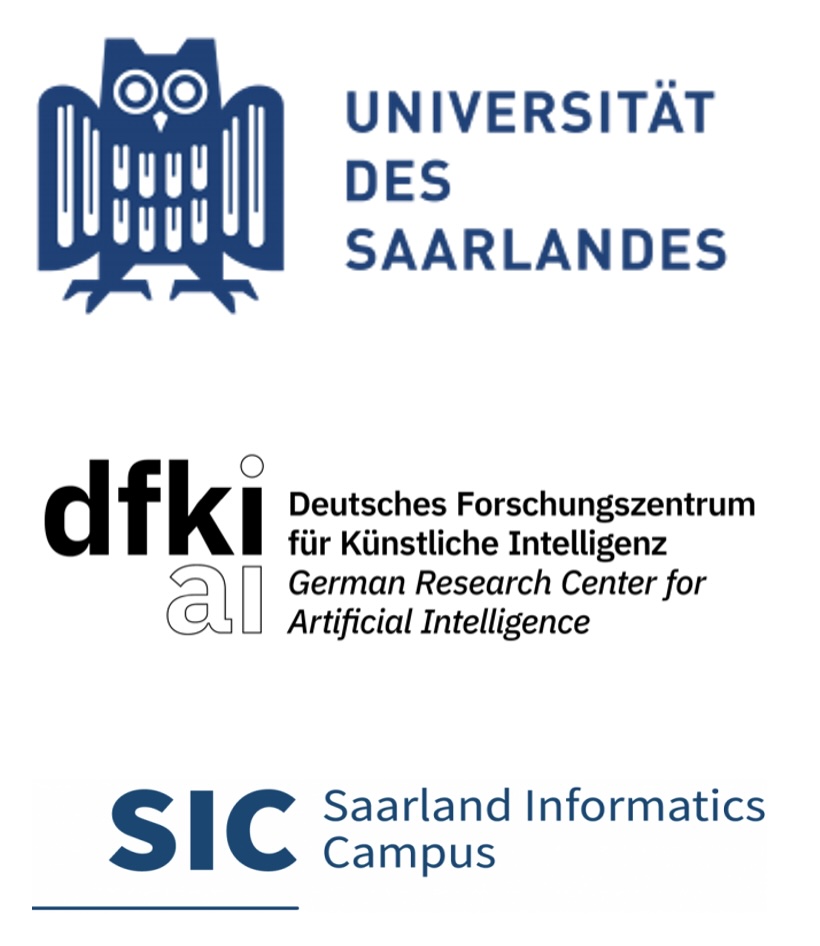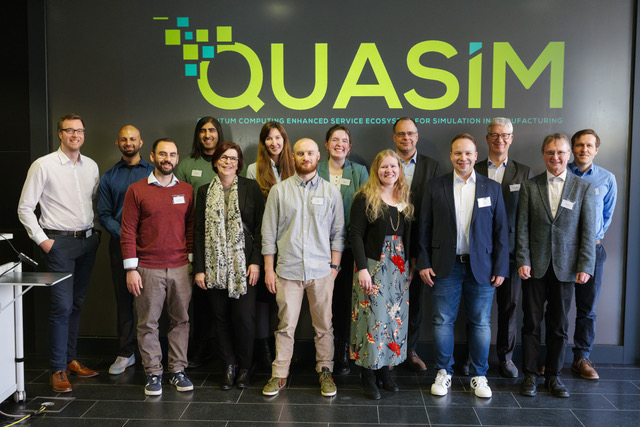Advancing Quantum Computing for Manufacturing Simulation
The final meeting of the research project QUASIM: QUANTUM COMPUTING ENHANCED SERVICE ECOSYSTEM FOR SIMULATION IN MANUFACTURING took place at the German Research Center for Artificial Intelligence (DFKI) in Saarbrücken. This collaborative project aimed to explore how quantum computing can enhance simulation technologies in the manufacturing sector, particularly within the metalworking industry.
With over 390,000 companies and approximately 3.7 million employees, the metalworking industry represents the largest secondary sector within the EU-28 (Eurostat, Sectoral Analysis of Key Indicators). Machining is one of the most significant manufacturing technologies in this sector, crucial for industries such as tool and mould making, the semiconductor industry, and engine construction. Given the industry's reliance on machining, companies are continuously striving for higher quality, productivity, cost-effectiveness, and sustainability.
Quantum Computing for Manufacturing Optimization
State-of-the-art manufacturing processes can be optimized with the support of computer simulations, which are often time-consuming and expensive. QUASIM focuses on mathematical problems that frequently arise in industrial simulations, developing quantum algorithms that can solve these problems faster or with less computational storage than classical approaches. The research aims to improve scalability based on problem-dependent parameters, such as the number of equations to solve or the desired accuracy.
By considering large-scale mathematical problems common in manufacturing simulations, QUASIM aims to revolutionize computational efficiency and industrial applicability.
Use Cases of Quantum Computing in Manufacturing
Use Case 1: Milling Process Optimization
Milling is a metal-cutting manufacturing process where a multi-toothed tool rotates to create various workpiece surfaces. Unlike other processes such as turning or drilling, milling features constant cutting interruptions, which can cause dynamic excitations leading to vibration marks on the workpiece surface. To address this issue, dynamic process stability simulations are performed to analyze vibrations and optimize milling process design, particularly for thin-walled components.
In QUASIM, a dexel-based engagement simulation is followed by a finite element method (FEM) simulation workflow, involving:
- IPW (in-process workpiece) conversion from dexel to solid
- Meshing process
- Modal analysis
A key challenge is the solution of eigenvalue problems in modal analysis, which are computationally intensive. Quantum algorithms are being investigated to accelerate eigenvalue problem solving, potentially reducing simulation time and improving accuracy in milling process optimization.
Use Case 2: Optimizing Laser Cutting Through Thermal Expansion Analysis
In laser cutting, accurately predicting and managing thermal expansion in metal sheets is critical to ensuring precision and preventing defects. The heat generated by the laser causes thermal deformation, which affects the final shape and quality of the manufactured component. Simulations are essential for modeling these effects, but traditional finite element method (FEM)-based simulations are computationally expensive.
QUASIM investigates quantum-enhanced approaches for thermal expansion analysis, focusing on solving large-scale differential equations governing heat transfer and deformation. Quantum algorithms are being explored to:
- Accelerate the solution of heat diffusion equations
- Improve the accuracy of temperature distribution predictions
- Enhance optimization of laser parameters for high-precision cutting
By leveraging quantum machine learning (QML) techniques, the project aims to develop faster and more accurate thermal simulations, enabling manufacturers to reduce waste, increase precision, and improve energy efficiency in laser-based manufacturing processes.
Quantum Computing as a Game Changer
Initial research within QUASIM suggests that quantum computing offers significant advantages in addressing these challenges. Quantum mechanical principles have the potential to:
- Accelerate numerical simulations dramatically
- Improve simulation accuracy through quantum machine learning (QML)
- Enable real-time optimization of machining processes
These findings indicate that quantum-enhanced computing could revolutionize manufacturing by making high-fidelity simulations feasible for industrial use.
Participants and Key Stakeholders
The final meeting brought together key stakeholders from academia, industry, and government, reflecting the project's broad impact and interdisciplinary nature. Notable participants included:
- Wolfgang Förster, Staatssekretär des Finanz- und Wissenschaftsministeriums des Saarlandes
- Dr. Glasmacher (BMWK)
- Dr. Grass (DLR)
- Prof. Frank Wilhelm-Mauch (FZJ)
- Prof. Wolfgang Maaß (DFKI, Project Coordinator)
- Dr. Tobias Stollenwerk (FZJ)
- Dr. Valentina König (moduleworks)
- Sven Danz (FZJ)
- Alejandro Delgadillo (moduleworks)
- Marco Kulig (TRUMPF)
- Rivan Ruguhbar (FZJ)
- Anika Rusch (DFKI)
- Stefan Schröder (Fraunhofer IPT)
- Nirav Shinoy (DFKI)
- Hannah Stein (DFKI)
The meeting marked the culmination of years of research and innovation, demonstrating the potential of quantum computing to transform manufacturing simulation. As the industry moves forward, continued collaboration between research institutions, technology providers, and manufacturers will be essential in bringing these advancements from the lab to real-world applications.


